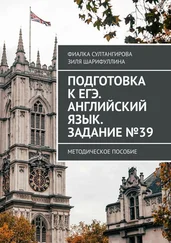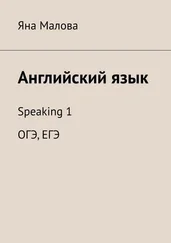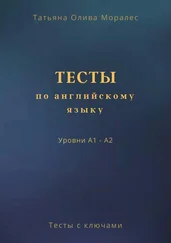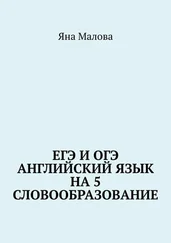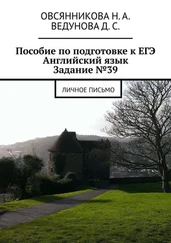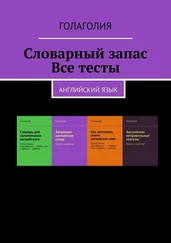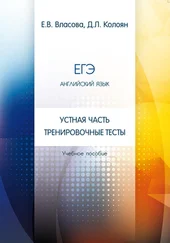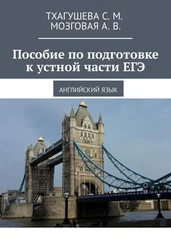Stewart decided that to even pretend he knew what he was doing would be pure suicide. From then on, he followed more experienced paddlers through the thundering waters and relied on his Eskimo roll for emergencies. Up until now, even after his injury, Stewart had dominated just about every competition he entered. Here in the canyon, he realized, he might have met his match.
The Colorado can be a brutal adversary. It flows at the rate of anywhere from 10,000 to 30,000 cubic feet every second. It has roughly 100 named, or significant, rapids and a dozen smaller ones, all more than capable of trashing Stewart and his little plastic boat. And then there is the cold. Water temperature seldom gets above the high 40s. Some stretches are so chilly that boaters are warned not to swim in them at all. The shock of immersion can cause muscle exhaustion and drowning, even a heart attack.
After about a week and a half, Stewart had made it 90 miles. «I couldn’t believe I was still alive,» he admits. «It was pure luck.» His luck was about to change.
He had been dreading the huge rapids called Crystal. Rapids in the Grand Canyon are rated one to ten in degree of difficulty, ten being the meanest. Stewart began his attack by dodging an enormous whirlpool. Paddling frantically, he slipped past a wall of waves powerful enough to flip a boat twice the size of his, and skirted what one guide called a «raft-ripping rock.»
But he still wasn’t finished. There was a second half to navigate, a treacherous, boulder-strewn run euphemistically called the Rock Garden. To Stewart’s relief, he wove through it all without getting tipped over once.
Shortly afterward, the river took a sharp left turn where he had to negotiate a little set of white water, coincidentally called Willies Necktie. The danger here is the way the current drives boats into the crook of the turn on the right side. The way to avoid it is to stay on the left. Stewart knew that, but he dropped his guard, making a deadly mistake. He drifted right.
Before he could make the correction, his boat slammed into a boulder and flipped. Tons of rushing water pinned him against the canyon wall. He tried to do his Eskimo roll, but his right arm – the one he always used to pull himself up – was jammed against the rock. Somehow he had to get himself vertical using his prosthesis.
Stewart fought hard, pushing up again and again, each time getting a few gasps of air before being submerged. Exhausted, freezing, running out of room to breathe, he thought he had one more try left in him. Gathering his last bit of energy, he lunged for the surface. This time, his paddle blade caught just right, and he pulled himself upright.
After a little less than a minute, the current spun him around and slammed him into a rock. Before he’d even caught his breath, Stewart was underwater again. Luckily, this time someone saw him go down.
Timmy O’Neill was an experienced kayaker on his fifth Canyon run. He quickly paddled across the river to help, arriving just in time to see Stewart’s kayak pop to the surface. Several long seconds later, Stewart bobbed up. As he reached for O’Neill’s kayak, they were both sucked into a hole of churning water. Finally, the river spit them out, and Stewart discovered he had a new problem. His paddle, strapped to his prosthesis, was acting like an anchor, dragging him toward the next set of rapids. He had to decide: keep the arm and drown, or cut it loose. Frantic, he clawed at the tight straps, finally getting them free. Then he felt the current drag everything away. «My arm,» he gasped. It was gone.
«I was devastated,» Stewart recalls. Here he was at the 100-mile mark, less than halfway, and for all practical purposes the trip was over.
12. Willie Stewart…
1) was an experienced kayaker.
2) had a white-water kayak.
3) was disabled.
4) had been to the Grand Canyon before.
Ответ:
13. Before heading for the Grand Canyon, Stewart spend a lot of time…
1) practising a self-rescue technique.
2) studying at University.
3) swimming in the pool.
4) looking for a prosthesis.
Ответ:
14. After a set of rapids, Stewart understood that…
1) he was well prepared for the adventure.
2) he was having the best match in his life.
3) he didn’t have necessary skills to succeed.
4) his adventure was a pure suicide.
Ответ:
15. Boaters are advised not to swim in some stretches because…
1) of their dangerous rapids.
2) the water is too cold in them.
3) the current is too strong.
4) they are very deep.
Ответ:
16. Stewart went in the wrong direction after…
1) Crystal.
2) a «raft-ripping rock’.
3) the Rock Garden.
4) Willies Necktie.
Ответ:
17. Willie had difficulty in doing his Eskimo roll because…
1) the water was too cold.
2) he was exhausted.
3) he was running out of room to breathe.
4) he could not use his right arm.
Ответ:
18. Stewart managed to escape the next set of rapids…
1) with the help of O’Neill.
2) after doing his Eskimo roll.
3) by disposing of his prosthesis.
4) holding on to the straps.
Ответ:
По окончании выполнения заданий 10—18 не забудьте перенести свои ответы в БЛАНК ОТВЕТОВ №1! Запишите ответ справа от номера соответствующего задания, начиная с первой клеточки. При переносе ответов на задания 10 и 11 цифры записываются без пробелов, запятых и других дополнительных символов. Каждую цифру пишите в отдельной клеточке в соответствии с приведёнными в бланке образцами.
Раздел 3. Грамматика и лексика
Прочитайте приведённые ниже тексты. Преобразуйте, если необходимо, слова, напечатанные заглавными буквами в конце строк, обозначенных номерами 19—24, так, чтобы они грамматически соответствовали содержанию текстов. Заполните пропуски полученными словами. Каждый пропуск соответствует отдельному заданию из группы 19—24.
19.Computers and microchips ……………… part of our everyday lives.
BECOME
20.We read magazines which ……………… on computer, we buy things with the help of computer; we pay bills prepared by computers.
PRODUCE
21.Just ……………… a phone number involves the use of a sophisticated computer system.
DIAL
22.In the past, life without computers was much ……………… than it is today.
DIFFICULT
23.The first computers were able to multiply long numbers, but they ……………… do anything else.
NOT CAN
24.Nobody ……………… stories about robots and space travel, but now computers are able to do almost all difficult jobs.
Читать дальше




